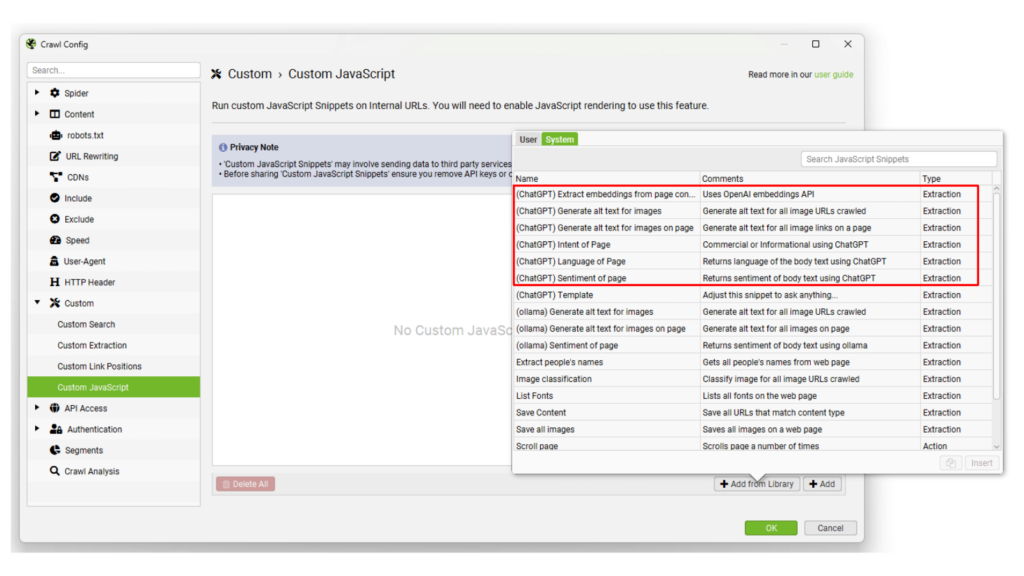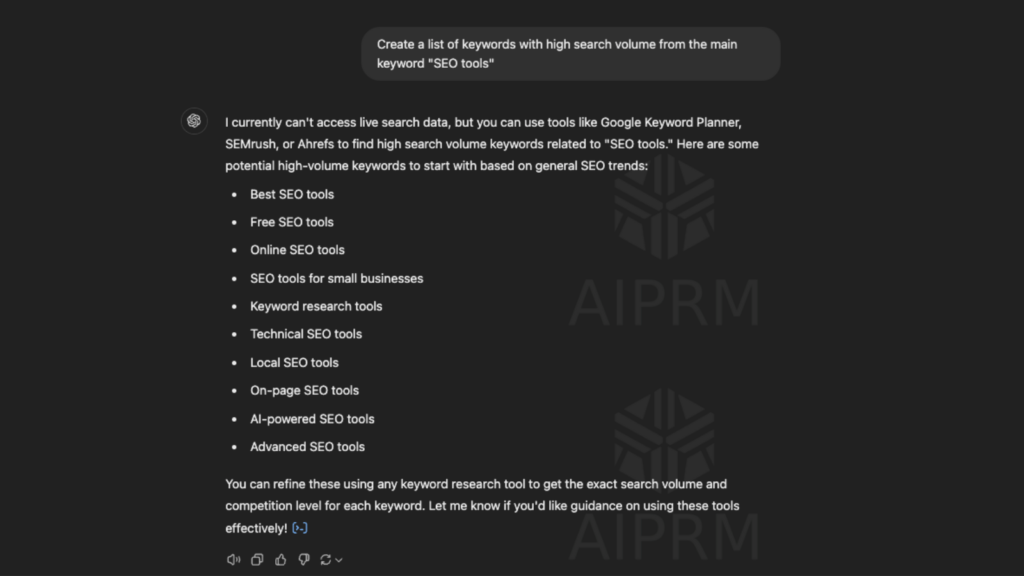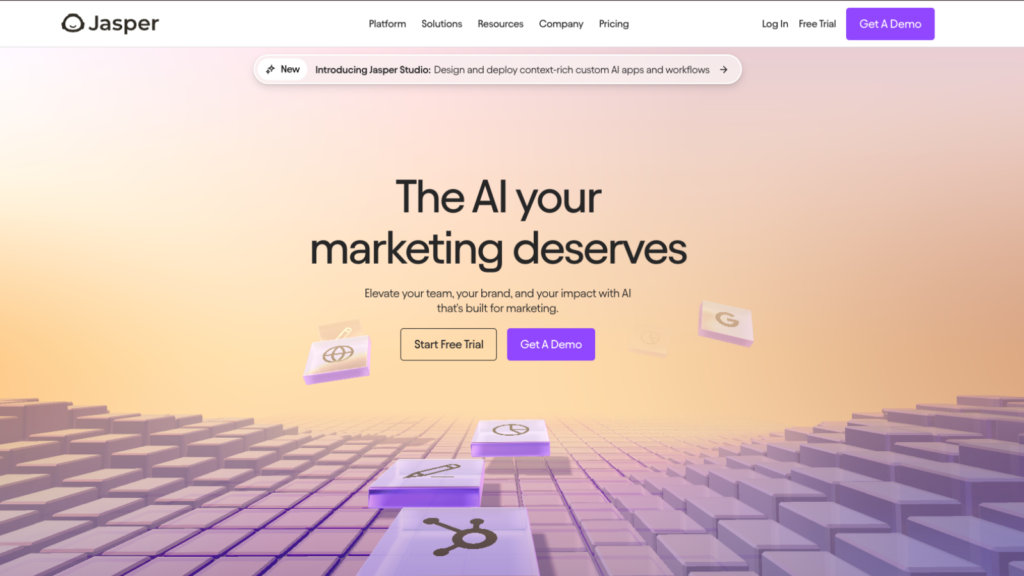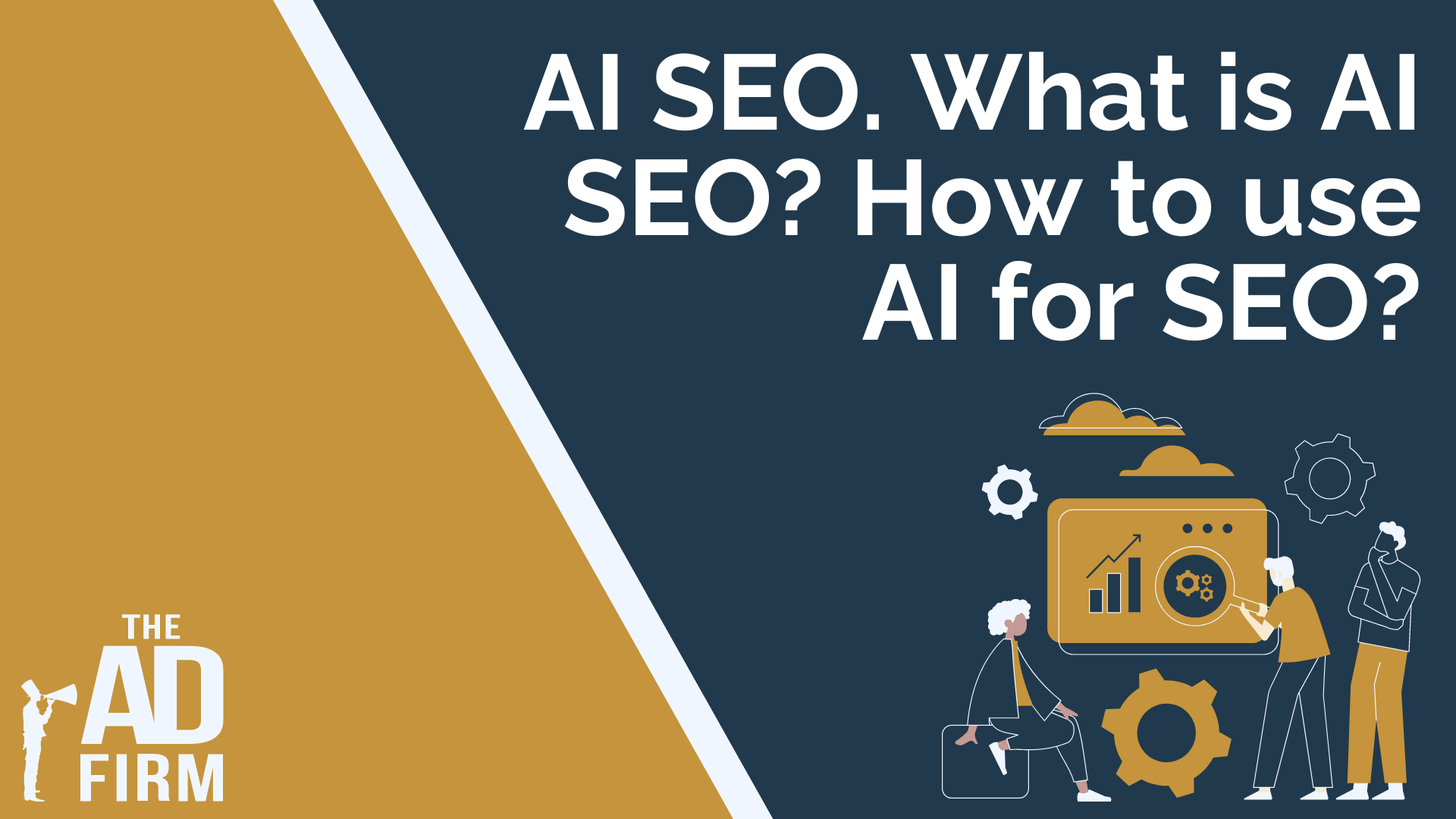Artificial intelligence (AI) is sweeping the globe as a tool for making tedious processes more efficient. From computing and analyzing massive amounts of data to facilitating routine administrative tasks, AI tools accomplish them at a breakneck pace.
Because of that, its adoption has skyrocketed in just months following its breakout year in 2023. Recent findings of a McKinsey survey note that AI’s adoption in various industries jumped to 72% in 2024 as companies embed at least one form of the technology into their business processes and/or products.
We see the same developments in digital marketing and SEO. But opinions in the industry are still quite divided, and for valid reasons, as far as welcoming these developments go.
AI in SEO — A Threat or a Tool?
The presence and accessibility of AI are among the most controversial and divisive topics on the Internet today, to say the least.
On the one hand, adopters harp on the technology’s unparalleled computing abilities and how it powers productivity. Meanwhile, some push back against it due to worries about technology threatening job security, among other things.
With news of layoffs in tech companies, AI plagiarism cases, and its output not meeting quality standards, the opposing side has much cause for hesitation. But as these issues come to light, so does the answer to quell those worries.
In an article published on CIO, Datastax Chairman, and CEO Chet Kapoor asserts that to best leverage AI in SEO or other fields, companies should strive to:
- Transparently communicate the potential impact of genAI on job roles and responsibilities to build trust and ease fears among employees and;
- Reimagining job designs and creating opportunities for upskilling and retraining to empower workers to adapt and stay competitive in a shifting job landscape.
He further underscores the ultimate goal of embracing forward-thinking approaches that still prioritize collaboration, innovation, and inclusivity. AI, at the end of the day, is still a tool humans can learn to wield, and the value it brings can’t be overlooked.
Streamline Your Digital Assets with The Ad Firm
- Web Development: Build and manage high-performing digital platforms that enhance your business operations.
- SEO: Leverage advanced SEO strategies to significantly improve your search engine rankings.
- PPC: Craft and execute PPC campaigns that ensure high engagement and superior ROI.
At The Ad Firm, we integrate artificial intelligence in our processes with the same ethos because, in doing so, we add value not just to our clients but also to our people. Discover how we are doing it with our SEO company below.
Leveraging AI for Optimizing Your SEO Process
With the proper guardrails and human oversight, AI helps us push the scale at which we deliver quality output that helps our clients grow. For a tedious process like SEO, we use it to work efficiently — shortening turnaround times for analysis and implementation.
Here are some of the processes and AI-powered tools we’ve experimented with:
1. SEO and Content Audits
AI simplifies and enhances the SEO and content audit process by quickly identifying performance gaps, content redundancies, and optimization opportunities.
AI-powered tools analyze site structure, page speed, meta tags, and keyword usage, generating actionable recommendations to improve rankings. These tools also streamline our evaluation of large websites, saving time while ensuring thoroughness.

Photo courtesy of Screaming Frog
Screaming Frog SEO Spider is one tool you can look into for this step of the process. This tool crawls websites to generate insights on broken links, duplicate content, missing metadata, and other SEO factors that you can address. But it can do that and more by powering it with AI.
While AI does not power the tool itself, you can integrate OpenAI into it to help with:
- Generating alt text of images.
- Language, sentiment, or intent analysis of page content.
- Scraping specific data.
- Extracting embeddings from page content.
2. Keyword Research
Keyword research tends to consume a lot of time in the SEO process because it can easily fall into analysis paralysis while looking at thousands of search terms. But with AI, this process is accelerated as it does the analysis for you without overthinking it.
Enhance Your Brand Visibility with The Ad Firm
- SEO: Enhance your online presence with our advanced SEO tactics designed for long-term success.
- Content Marketing: Tell your brand’s story through compelling content that engages and retains customers.
- Web Design: Design visually appealing and user-friendly websites that stand out in your industry.
READ MORE: How AI-Powered Keyword Targeting Is Revolutionizing PPC Campaigns
With ChatGPT, you can easily generate a complete list of keywords from one seed keyword, simplifying the task of keyword research in itself. Moreover, it accelerates analysis by identifying patterns and grouping keywords according to shared characteristics.

Photo courtesy of OpenAI
To take it a step further, you can cross-check these keywords generated by ChatGPT with tools like Semrush’s Keyword Magic Tool. With it, you can gain insights into search intent, keyword difficulty, and opportunities that align with your target audience. Other helpful metrics, like search volume, competition, and cost-per-click, can also be discovered with this tool.
3. Topic Ideation and Content Creation
The next step in the SEO process is content creation, which involves developing topics and, subsequently, content (blogs, web pages, social media content) based on your keyword research. Whether it’s text content, videos, or images, an AI tool helps with it.
In this stage, AI can be an instrumental tool that takes the guesswork out of topic ideation by analyzing search trends, audience interests, and competitor content to suggest topics that resonate with your audience. It helps identify content gaps and opportunities, ensuring your strategy aligns with current demand.

Photo courtesy of Jasper.ai
Taking it a step further, AI streamlines content creation by generating drafts, optimizing for readability, and ensuring SEO best practices are followed. It helps produce high-quality, SEO-optimized content at scale, which saves time without compromising quality.
ChatGPT is one of the most popular tools for this, but it isn’t the only one available. Other topic ideation and content creation AI tools you can look into include Jasper.ai, Copy.ai, and more.
Maximize Your Online Impact with The Ad Firm
- Local SEO: Capture the local market with strategic SEO techniques that drive foot traffic and online sales.
- Digital PR: Boost your brand’s image with strategic digital PR that connects and resonates with your audience.
- PPC: Implement targeted PPC campaigns that effectively convert interest into action.
4. Linking and Backlinking
For interlinking, AI-powered tools can scan your website to identify opportunities to create logical connections between pages, enhancing the site structure and user navigation.
When it comes to backlinking, AI tools streamline the process by identifying high-quality, relevant linking opportunities based on domain authority, relevance, and trustworthiness. They help you analyze your existing backlink profile to pinpoint weak or harmful links that may hurt your rankings.
Additionally, AI can monitor competitors’ backlink strategies to uncover valuable linking opportunities you might be missing. Automating these tasks reduces manual effort and ensures your focus remains on building a robust and authoritative link profile.
In this aspect, we leverage AI to determine our priorities for linking — putting the most impactful linking opportunities first to save time and maximize outcomes. Tools like Ahrefs integrate AI-driven insights to help refine your approach to link-building, enabling you to monitor progress and maximize your strategy’s effectiveness.
It also uses advanced AI algorithms to evaluate backlink opportunities, analyze competitors’ link profiles, and identify harmful links that may negatively impact your site. With its actionable insights and comprehensive reporting, Ahrefs empowers you to build a more vigorous, more strategic link-building campaign.
5. Data Analysis and Reporting
AI revolutionizes SEO data analysis and reporting by automating the collection, organization, and interpretation of complex datasets. This streamlining allows SEO professionals to focus on strategy rather than manual data handling. For instance, AI can analyze traffic patterns to identify high-performing pages, detect keyword trends, and highlight underperforming areas in need of optimization. By processing vast amounts of data in real time, AI tools can uncover actionable insights that might otherwise go unnoticed.
Boost Your Business Growth with The Ad Firm
- PPC: Optimize your ad spends with our tailored PPC campaigns that promise higher conversions.
- Web Development: Develop a robust, scalable website optimized for user experience and conversions.
- Email Marketing: Engage your audience with personalized email marketing strategies designed for maximum impact.
A specific example of AI’s impact is its ability to identify correlations between ranking fluctuations and external factors, such as algorithm updates or seasonal trends. AI-powered tools can also generate performance projections, helping you anticipate the impact of planned SEO strategies. Additionally, by integrating data from multiple sources, AI provides a unified view of SEO metrics—such as organic traffic, click-through rates, and engagement rates—enabling a holistic understanding of campaign performance.
Google Data Studio, combined with Supermetrics, leverages AI to automate data collection from tools like Google Analytics, Search Console, and third-party SEO platforms. It creates custom, visually engaging dashboards that simplify complex metrics, making it easier for clients and teams to interpret performance data and make informed decisions. This combination ensures that reporting is efficient and actionable, aligning seamlessly with your overall SEO strategy.
Final Thoughts
Artificial intelligence has emerged as a transformative tool in the SEO landscape, revolutionizing how businesses and agencies approach their strategies. However, it’s crucial to remember that while AI enhances processes, it cannot replace the strategic insight and creativity of skilled SEO professionals. The best results come from a balanced approach—leveraging AI’s capabilities while maintaining the human touch to ensure quality and relevance.
As SEO continues to evolve, businesses that embrace AI-driven tools will gain a competitive edge, saving time, reducing costs, and improving their bottom line. However, the technology must be integrated thoughtfully and committed to Google’s Experience, Expertise, Authoritativeness, and Trustworthiness (EEAT) guidelines to maintain long-term success. Transparency, innovation, and adaptability remain key pillars in using AI effectively to achieve SEO goals.
Strengthen Your Online Authority with The Ad Firm
- SEO: Build a formidable online presence with SEO strategies designed for maximum impact.
- Web Design: Create a website that not only looks great but also performs well across all devices.
- Digital PR: Manage your online reputation and enhance visibility with strategic digital public relations.
If you’re ready to take your SEO strategy to the next level, The Ad Firm is here to help. Our team combines cutting-edge AI tools with industry expertise to deliver tailored solutions that drive measurable results. Contact us today to explore how we can optimize your SEO efforts and set your business on a path to sustainable growth.



